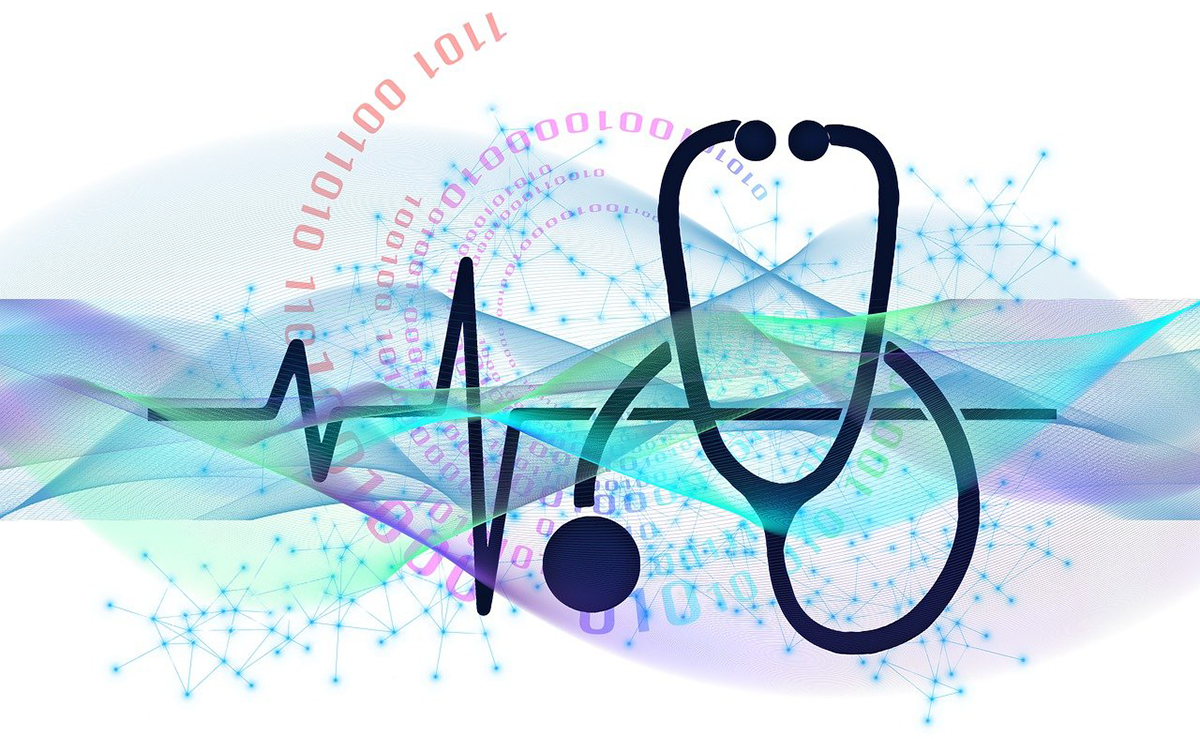
26 Jan Predictive analytics in drug development: state of play
From by passing animal testing to forecasting outcomes, we review some of the latest use cases of predictive analytics in drug development.
By Urtė Fultinavičiūtė, Clinical Trials Arena
cientific and technological advancements continue to shake the conservative nature of the pharmaceutical industry. Newer technologies like artificial intelligence (AI) have the potential to improve patient identification, adherence and retention, and the development of digital biomarkers. Today, complementary approaches that have been around for some time, such as predictive analytics, continue to solidify and expand their uses in drug development and clinical trial design.
The concept of predictive analytics is fairly simple – it is the ability to use data, algorithms, and visualisations to forecast a certain outcome or event that may or may not happen in the future. While predictive analytics and AI have overlapping areas, the former is more hypothesis-driven and statistical methods are needed to test that hypothesis, whereas AI is hypothesis-free, meaning the machine itself is asking questions about the data.
Even though AI might sound more advanced and effective, its black-box nature needs to be balanced out by the stability of predictive analytics. Clinical Trials Arena talks to experts about drug development and clinical trial design areas that can be powered by predictive analytics and the role of AI. Also, they discuss the current regulatory uncertainty and what needs to be done to improve the fair and safe use of algorithms. Read more …



